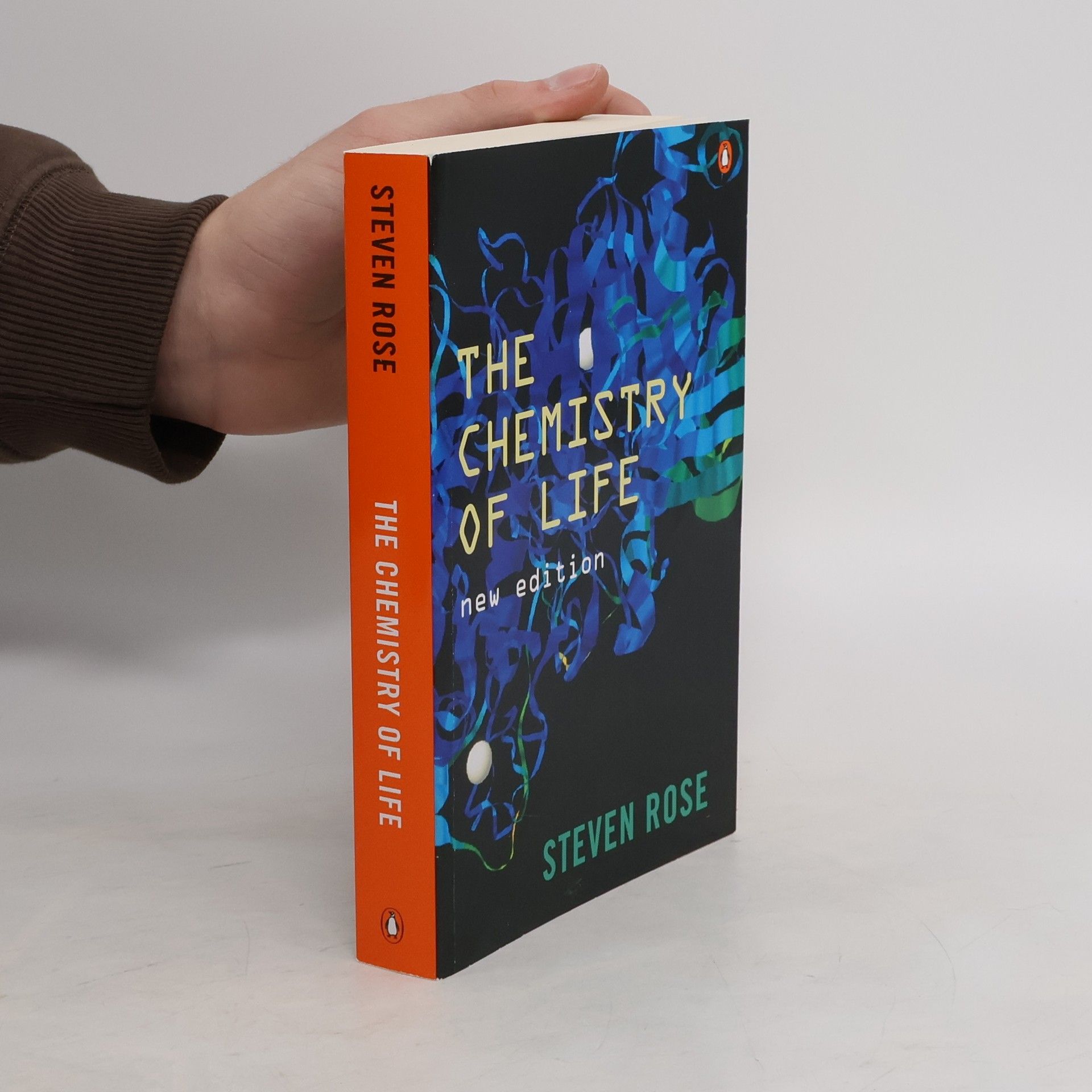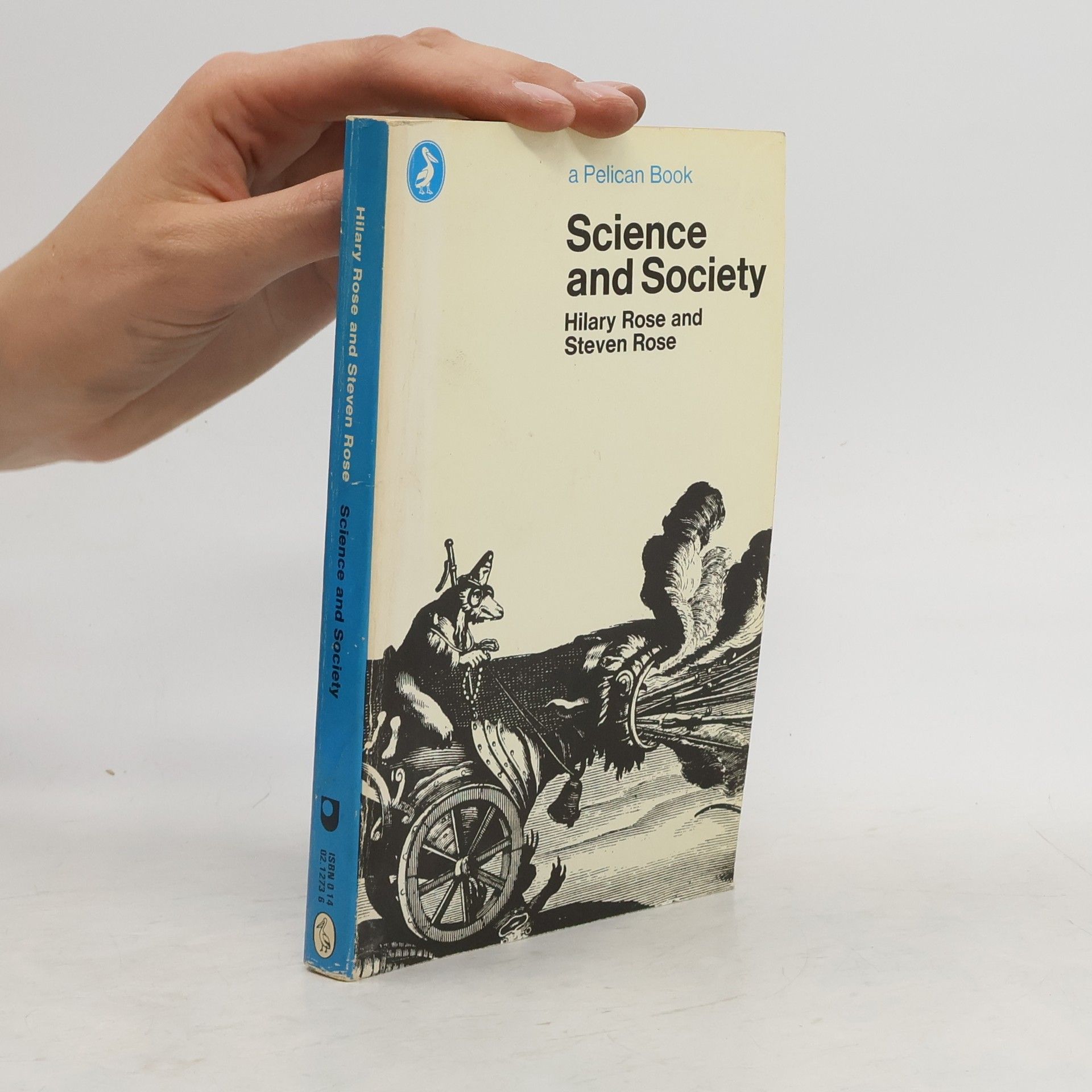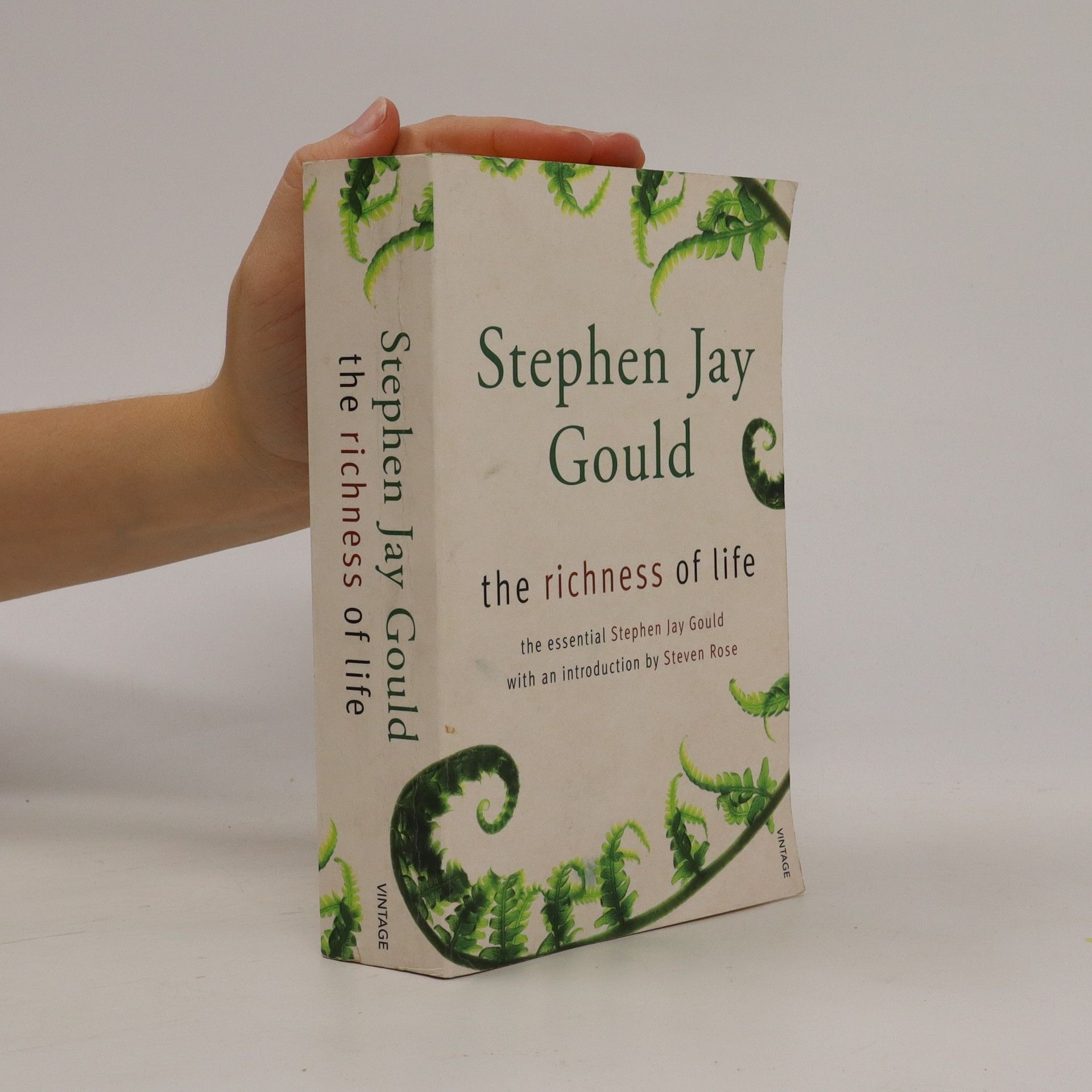Geny, buňky a mozek
- 357 pages
- 13 hours of reading
Spoluobjevitel struktury DNA James Watson prohlásil, že „lidský osud není ve hvězdách, ale v genech“. Manželé Roseovi ukazují, jak jsou taková deterministická tvrzení naivní a manipulativní. Příslib blahobytné společnosti díky individualizované genové terapii se rozplynul. Geny neurčují náš život a genomický průmysl nezbavil svět schizofrenie ani bezdomovectví. Regenerativní medicína, spoléhající na zázračné schopnosti kmenových buněk, a neurověda, která předpokládá, že narušené molekuly způsobují nemocnou mysl, se potýkají se stejnými problémy. První neumožnila „chromým chodit a slepým vidět“, ale otevřela dveře eticky pochybnému „vylepšování“ lidského těla. Druhá vedla k rostoucí spotřebě psychotropních léků a nárůstu psychických onemocnění. Autoři se zaměřují na etické problémy moderních biotechnologií, jako je obchodování se zdravotními záznamy, ztráta soukromí, patentování DNA sekvencí a falšování výsledků. Kladou zásadní otázku: Kdo za to všechno platí a komu to slouží? Odpověď ukazuje, že zatímco platíme všichni, zisk směřuje do biotechnologických firem a k vědcům-podnikatelům, kteří jsou hnáni vidinou „vagónů plných peněz“. Ve slibovaném novém světě budou chudí i nadále chudnout a bohatí bohatnout.





